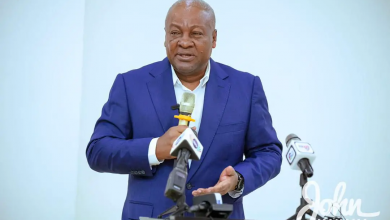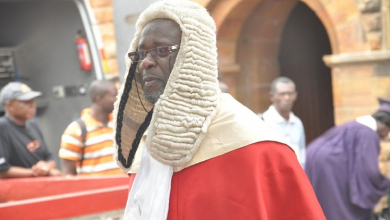Ceasefire between Israel and Hezbollah takes effect after year-long conflict
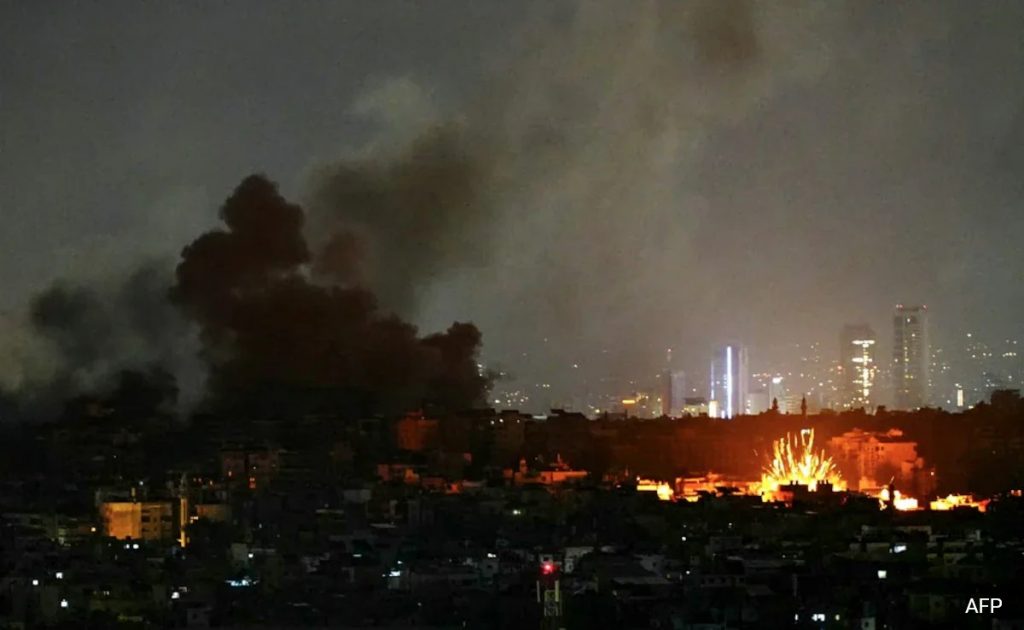
A ceasefire between Israel and Hezbollah has officially taken effect in Lebanon, marking the end of over a year of intense conflict.
The cessation of hostilities began at 04:00 local time (02:00 GMT) on Wednesday and follows nearly 14 months of fighting between Israel and the Iran-backed Hezbollah militia.
The ceasefire agreement, brokered by Israel, France, and the United States, was announced Tuesday evening, with U.S. President Joe Biden describing it as a step toward a “permanent cessation of hostilities.”
Both sides continued their offensives until shortly before the truce, with Israel striking parts of Beirut just an hour before the deadline and Hezbollah deploying drones into Israel in the preceding hours.
Shortly after the ceasefire began, the Israel Defense Forces (IDF) issued warnings to residents of southern Lebanon, cautioning against returning to evacuated villages or approaching IDF forces.
IDF spokesperson Avichay Adraee assured civilians they would be informed when it is safe to go back.
However, Reuters reporters observed numerous vehicles heading south, loaded with personal belongings, minutes after the ceasefire took effect.
The conflict, described as Lebanon’s deadliest in decades, has claimed over 3,800 lives and displaced a million people, according to Lebanese authorities.
Fighting escalated in late September when Israel launched a ground invasion following persistent rocket attacks by Hezbollah.
Under the U.S.-brokered agreement, Israel will gradually withdraw troops from southern Lebanon over a 60-day period, while Hezbollah will pull back its forces and weapons from areas south of the Litani River.
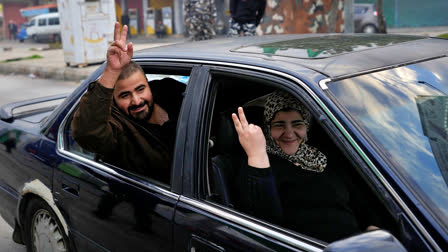
These regions will then be secured by Lebanese government forces. The deal is supported by a joint U.S.-France initiative to uphold a United Nations resolution initially established in 2006 after the last major Israel-Hezbollah conflict.
Lebanese Prime Minister Najib Mikati hailed the ceasefire as a “fundamental step toward stability,” emphasizing the need for Israel to fully comply by withdrawing from occupied sites and respecting the U.N. resolution.
Meanwhile, Lebanese Environment Minister Nasser Yassin stressed the importance of prioritizing political dialogue to rebuild national unity.
Israeli Prime Minister Benjamin Netanyahu warned Hezbollah against violating the agreement, stating, “If Hezbollah violates the agreement and tries to arm itself, we will attack.”
He added that ending the conflict would enable Israel to refocus its military efforts on countering Iran, which he described as a central threat.
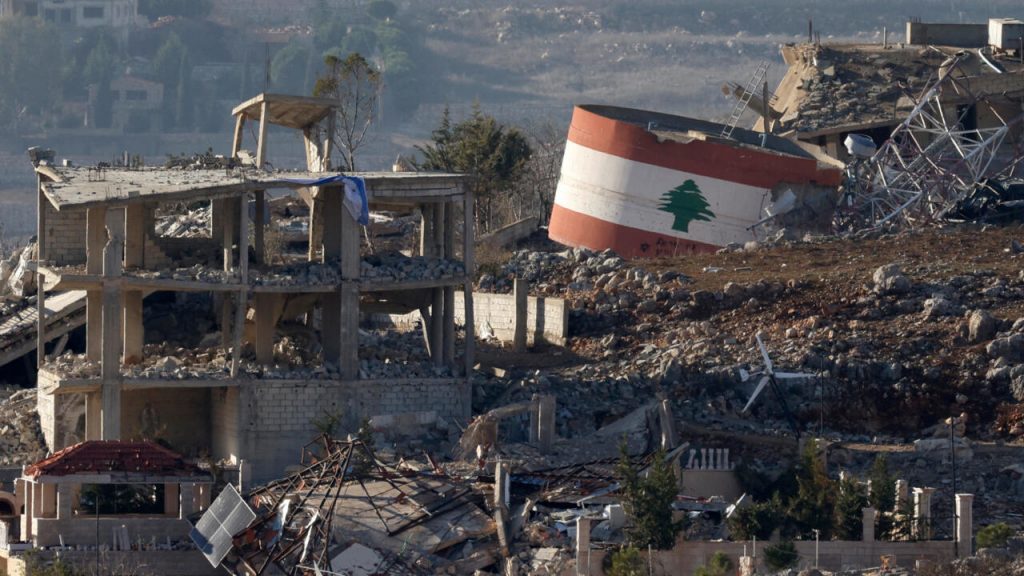
Analysts, including former U.S. envoy Dennis Ross, suggest that the ceasefire is likely to hold beyond the initial 60 days.
Ross noted that Hezbollah, weakened by the conflict, needs time to regroup, while Israel is eager to avoid prolonged engagement in Lebanon.
The violence began after Hezbollah fired rockets into Israel on October 8, 2023, in support of Hamas, following a deadly attack by Hamas on southern Israel that killed around 1,200 people.
Netanyahu indicated that resolving the conflict with Hezbollah would weaken Hamas by removing a key ally and allow Israel to reallocate its military resources to Gaza, where a parallel conflict remains unresolved.
U.S. officials expressed hope that the Israel-Hezbollah ceasefire might create momentum for progress in Gaza negotiations.
Biden affirmed that while the U.S. will support diplomatic efforts, no American troops will be deployed to enforce the ceasefire in Lebanon.
Source-BBC


